In an increasingly fast-paced and ever-changing retail world, it’s important for businesses not only to meet these changes and evolve with the trends but have a strong organisational backbone to do so. As such, having a good Enterprise Resource Planning (ERP) system is an invaluable component of this. Forbes defines an ERP as:
“A software system that helps organisations to manage and automate various business processes, such as financial management, supply chain management, human resources and more..”
An ERP System therefore consolidates key back-office business functions under one easily accessible, navigable and interconnected roof. While traditionally used mainly in the manufacturing industry, their relevance has expanded to wider industries, including the retail space. Now more than ever Retail organisations are looking to ERP to help them with their challenges of remaining competitive and streamline, but how do you choose the right one for you?
Why is an ERP important?
One of the greatest advantages of having an ERP is the efficiency it generates due to reducing the time spent navigating between key business functions as well as reducing associated costs by having everything on a single platform. This allows you to make faster and smarter decisions, making full use of the benefits of automation. The interconnectivity that an ERP can provide for your business is also of paramount importance as it prevents business areas from being siloed and ensures that information remains up to date across the business. This transparency and connectedness ensures alignment across key business functions and thus a synchronised flow of information being put forward to users. Below we will delve into more specific examples of what retail businesses should consider when selecting an ERP.
Connection with Point of Sales (POS)
Making sales and taking payments from customers is arguably the steam that keeps the engine of retail businesses going. Having an ERP in place that can connect with your POS system ensures that transaction details can feed into and update your inventory, your finances, and you customer journey, eliminating the possibility of error due to human fault. As retail businesses increasingly adopt an omnichannel approach, this adds extra demand to their operations. The ability to integrate these channels effectively is important. Convenience is key to remain competitive and an ERP with seamless integration between POS features and other key processes such as inventory and supply chain functions can help to tick this must-needed box.
A good CRM feature
A Customer Relationship Management (CRM) feature in an ERP is crucial. It allows you to obtain key information from your customers, including things like demographics, purchase history and past communications, which then provides the opportunity to communicate with them more effectively and improve customer satisfaction as a result. This can be done, for example, by contacting them in their preferred ways, tailoring offers and discounts based on previous purchases and allowing you to retain existing customers and increase customer loyalty by making them feel valued as well as attracting new ones. A happy customer is essential to retaining and attracting customers. Having an ERP with a strong built-in CRM feature that keeps customer related information centralised and accessible becomes ever-more vital.
Analytics
Related to the above, an ERP with the ability to observe, analyse and forecast consumer trends and habits as well as provide you with an overview on business performance is able to provide you with a much-needed edge in terms of thinking ahead and looking into the future. Many ERPs have built in analytics functions which allow you to produce intelligent analytical reporting with just a few clicks of a button. These have the ability to provide you with an abundance of information to help you answer key questions such as which stores are more profitable than others or how well a particular range of products are selling. This ultimately allows you to make better decisions around where to direct your investments and perhaps what areas of your retail business are in need of change.
In the ever-evolving retail landscape, the choice of the right Retail ERP is a strategic decision that can make or break your business. As you explore the options available, keep in mind the critical factors mentioned here to ensure your ERP system becomes a catalyst for your retail success story. With the right ERP in place, you’ll not only stay competitive but also thrive in this dynamic retail world. We can of course help with all things ERP so don’t hesitate to get in touch!



